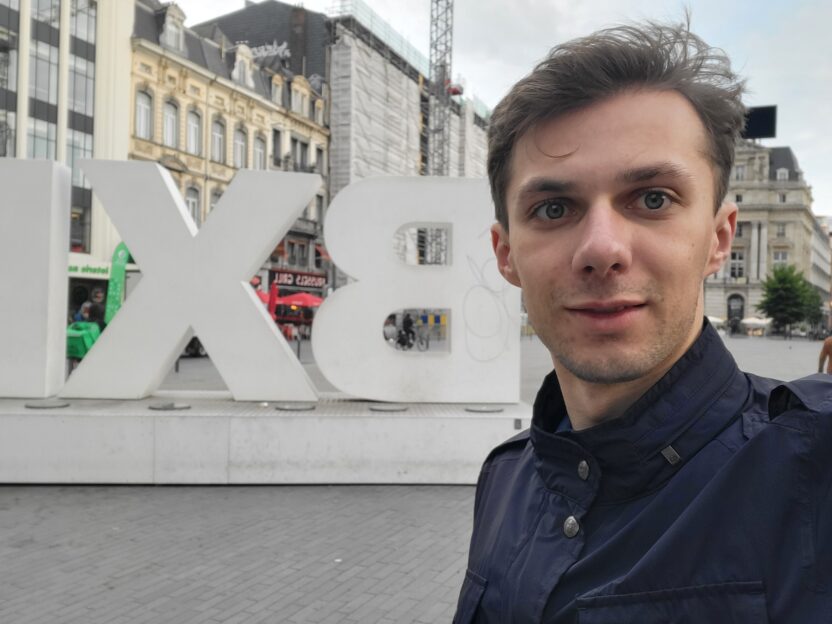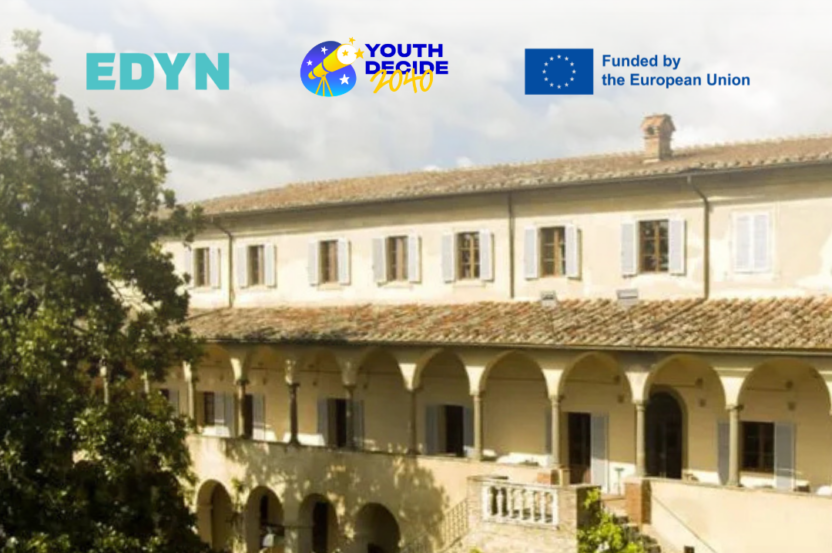International Labor Day, also known as May Day, is celebrated on May 1st every year and is a holiday in many countries around the world. It is a day to honor the achievements of workers and the labor movement, as well as to promote labor rights and social justice. However, in some parts of the Balkans, the significance of this day has been lost, and it has become more of a day to relax and enjoy time off work rather than to reflect on the history and achievements of the labor movement.
May Day has its origins in the late 19th century when workers in the United States and Europe began organizing to demand better working conditions, higher wages, and the right to form unions. In 1886, workers in Chicago organized a general strike to demand an eight-hour workday. On May 4th, a rally in Haymarket Square turned violent when someone threw a bomb at police officers, killing several and injuring many more. In the aftermath of the Haymarket Riot, several labor leaders were arrested and charged with conspiracy, and four were executed. The events in Chicago helped to galvanize the labor movement and led to the establishment of May Day as a day to commemorate the struggles and achievements of workers.
Labor Day is typically associated with unions protesting against oppression or employees sending a strong message to employers that they are organized in claiming their legal rights. One might assume that in Bosnia and Herzegovina, a former socialist country, this tradition would be even stronger and more deeply rooted in the essence of workers. However, this is not the case. For the average working person in BiH, May 1st is simply an opportunity to spend time in nature with friends, preparing barbecues, and consuming large quantities of alcohol.
This shift in the perception of May Day is not unique to the Balkans. In many parts of the world, the holiday has become more about enjoying time off than about reflecting on the history and achievements of the labor movement. However, in the Balkans, where the labor movement has a rich and often tragic history, this shift is particularly notable. The region has been shaped by the struggles of workers and the labor movement, from the socialist regimes of the mid-20th century to the economic turmoil of the 1990s. Forgetting the significance of May Day means forgetting a crucial part of the region’s history and identity.
What is the current state of affairs in the Balkans? Should people celebrate the 1st of May with a barbecue or join workers’ protests?
Over the last three years, the economies of the Western Balkans have been tested for their resilience. Although there have been challenges due to the external environment, such as Russia’s invasion of Ukraine, higher energy and food prices, unfavorable weather conditions, tightening financial conditions, and significant general uncertainty, the region has shown resilience. While growth has slowed and prices have continued to rise, the Western Balkan economies have started to rebuild buffers in preparation for the next shock and have undertaken supply-side reforms to establish the groundwork for more sustainable and environmentally friendly growth.
Fiscal deficits have narrowed in most Western Balkan countries, although there have been social spending pressures against record inflation. Montenegro and Bosnia and Herzegovina saw their fiscal balances deteriorate, resulting in the regional deficit remaining at 3 percent of GDP and above pre-pandemic levels. The outlook for the Western Balkans remains subdued, and uncertainty is high. In the short term, growth outcomes are expected to depend on economic performance in the EU, the course of energy and food prices, and the fight against inflation.
Youth Employment in the Western Balkans
The youth employment situation in the Western Balkan economies (WB6) is unfavorable. As of 2020, the employment rate for the 15-24 age group was below 27%, and the unemployment rate for the same group was above 26%, compared to just 16.8% in the EU-27. The percentage of young people neither employed nor in education or training (NEET) for the 15-24 age group was 23.7% in the Western Balkans, ranging from 15.9% in Serbia to 37.4% in Kosovo. Long-term unemployment affects almost two-thirds of unemployed youth in North Macedonia, Bosnia and Herzegovina, and Kosovo, as well as two-thirds of unemployed young women in Montenegro.
New policies are needed to help young people find suitable positions in work, education, or training within four months, as proposed in the Youth Guarantee. The youth labor force participation rate was also lower than in the EU-27, and there is a significant gender gap in labor force participation, reflecting a shortage of child-care facilities for young mothers who wish to join the labor market.
Young people face a precarious position in the labor market, with a higher share of temporary contracts than in the EU-27. Precarious employment of this type can adversely affect individual well-being and the productivity of the economies. The level of education affects the youth’s position in the labor market, with low activity rates for those with only an elementary level of education or less. Activity rates increase sharply with the level of education, highlighting the importance of reducing early school drop-out rates and providing adequate training and educational opportunities for unskilled young people who have left the labor market.
When we examine this data, it is understandable why individuals may desire to take a day off work and spend quality time with their loved ones. Especially in the Balkans, where unemployment rates are high, and many individuals face financial difficulties, it is crucial to find moments of happiness and rest. Therefore, let us all enjoy the occasion and wish everyone a Happy International Labor Day!





